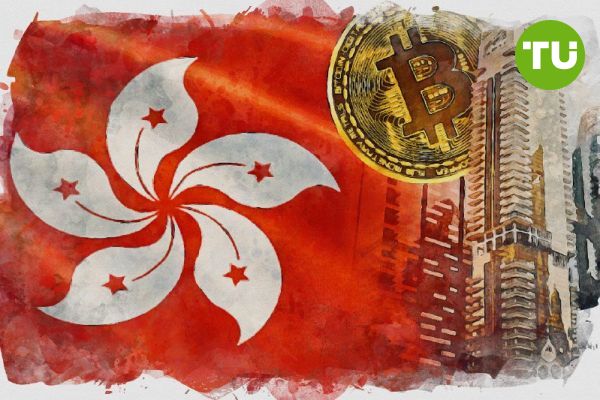Hong Kong ETF issuer says China may soften crypto stance
 China may soften crypto stance
China may soften crypto stance
China may be reconsidering its hardline stance on cryptocurrency, according to Chao Deng, CEO of HashKey Capital, a leading crypto-focused asset manager and ETF issuer based in Hong Kong.
In a recent interview, Deng said recent discussions with financial regulators suggest a growing openness toward digital assets on the mainland, according to the Cryptopolitan.
Although cryptocurrency trading remains banned in China, the government has embraced blockchain technology. Hong Kong, operating under the “one country, two systems” model, has positioned itself as a testing ground for innovations in finance, including crypto and Web3.
A shift in tone after Trump’s U.S. election win
Deng noted that China’s outlook began to shift following Donald Trump’s victory in the 2024 U.S. presidential election. “With Trump and the new administration’s support, the regulatory framework will be more clear,” Deng said. “Now institutions and high-net-worth individuals feel more comfortable entering the Web3 and crypto space in a regulated, compliant way.”
Yifan He, CEO of Red Date Technology, echoed similar sentiment, stating that two years ago he believed China had “zero chance” of easing restrictions. Now, he estimates there’s a “more than 50% chance” in the next three years.
HashKey Capital recently secured a Type 1 license from Hong Kong’s Securities and Futures Commission, allowing it to offer crypto-backed brokerage services. The firm already holds multiple licenses for asset and investment management in virtual assets.
Deng emphasized that successful regulation in Hong Kong could influence the broader Chinese policy. “If it’s successful, there is the possibility the mainland China government will reconsider their stance,” he said.
Despite speculation, platforms like Polymarket currently assign a 0% chance of China lifting the Bitcoin ban by the end of March.
Meanwhile, Bitcoin and cryptocurrency-related ads recently appeared on Alipay, the largest payment platform in China, despite the country's ban on crypto transactions.













































































































































